Forgotten Star Trek Episode Nearly Features Fan-Favorite Villain
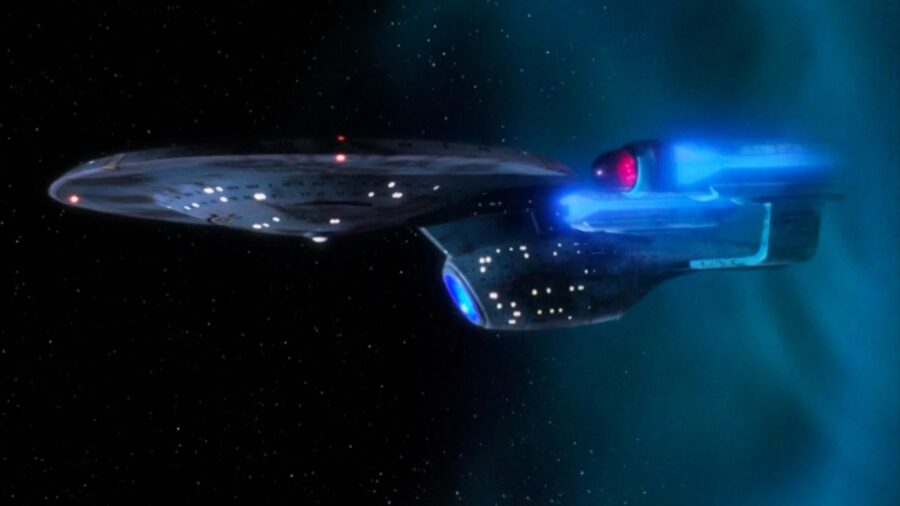
One of the side effects of Star Trek having so many spinoffs and onscreen adventures is that it’s easy to forget about some of the weirder episodes. For example, the season 2 TNG episode “Time Squared” rarely makes it on any “best of” lists for the show, nor is it one that the cast discusses much when asked about their favorite onscreen outings. But all of that might have changed if the producers stuck with an early plan for Q (John de Lancie) to be involved in this episode and for “Time Squared” to lead directly into “Q Who,” the first Borg episode.
Time Squared Was Meant To Feature Q
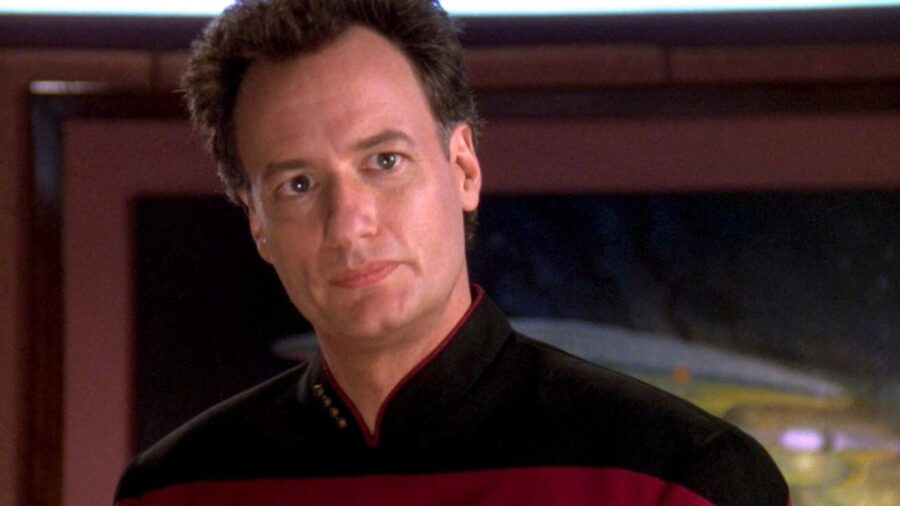
Former TNG showrunner Maurice Hurley was quoted in Captains’ Logs: The Unauthorized Complete Trek Voyages as saying that “Time Squared” was going to have a Q connection that wouldn’t be made clear until a few episodes later. “The way it was originally designed, is that three episodes later they’re going through space and all of a sudden Picard finds himself stuck in a shuttlecraft in a flash, and he sees the ship falling in to the top of the vortex and exploding.”
The good captain is worried that he is going crazy when Q appears, confirming Picard’s suspicions that the villain “caused that and all these other things.”
Would Have Exposed His Villainous Affairs In Q Who
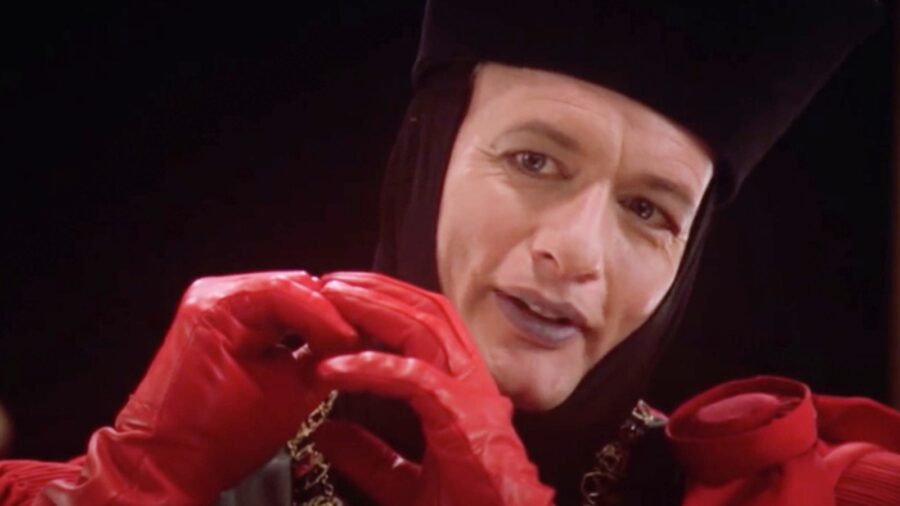
As you might expect, the arrogant Q chides Picard for not realizing sooner that his foe was tied to the earlier events of “Time Squared.” Originally, Q was going to declare to the captain that he was “surprised you didn’t put it together earlier” and that Picard was “slow.” As for motivation, Q admits that the events he caused were “just a kind of calling card, something to do” and asks Picard if his latest round of godlike antics is “interesting.”
Didn’t Happen Because Of Gene Roddenberry
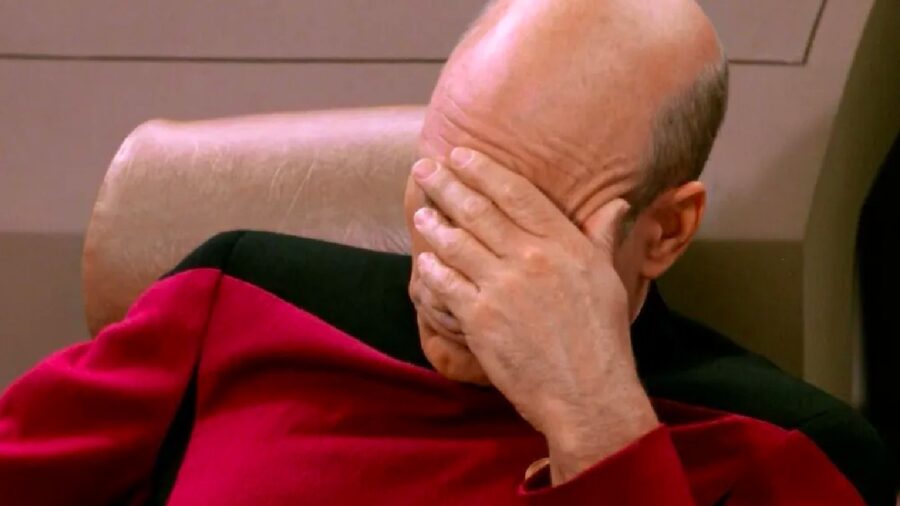
Why, then, didn’t we get this fun connective tissue between “Time Squared” and “Q Who?” This is one of those cool ideas that Gene Roddenberry killed back when he had creative control over every TNG script. This frustrated showrunner Hurley, who complained that Roddenberry’s decision made the climax of the earlier episode confusing to viewers.
“Why would going into the vortex’s center save you?” Hurley asked, referring to Picard’s bold strategy to guide the Enterprise away from its apparently doomed fate. “It doesn’t make sense. But it does if Q is pulling the strings.”
Would Have Set Up The Borg
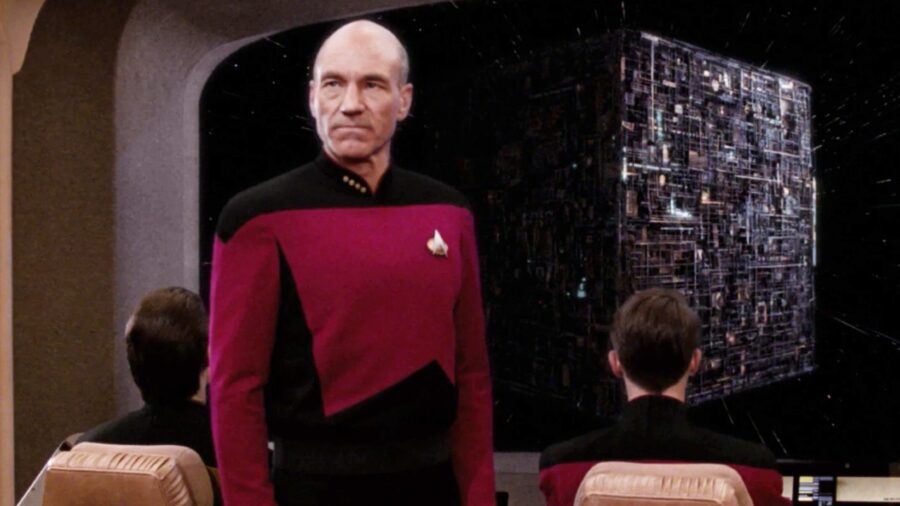
Ironically enough, had Roddenberry approved of the idea of linking “Time Squared” and “Q Who” in this manner, it would have been an echo of the show’s other big Borg reveal. In the season 1 finale of TNG (“The Neutral Zone”), we learn that Federation and Romulan outposts have been attacked by some kind of unknown force.
Maurice Hurley wanted this to set up the introduction of the Borg in season 2; the 1988 writer’s strike delayed these plans, though the Borg attack on Jouret IV in “The Best of Both Worlds” belatedly confirms that the Romulans were behind those earlier attacks on outposts along the Neutral Zone.
From Most Forgotten To Most Important
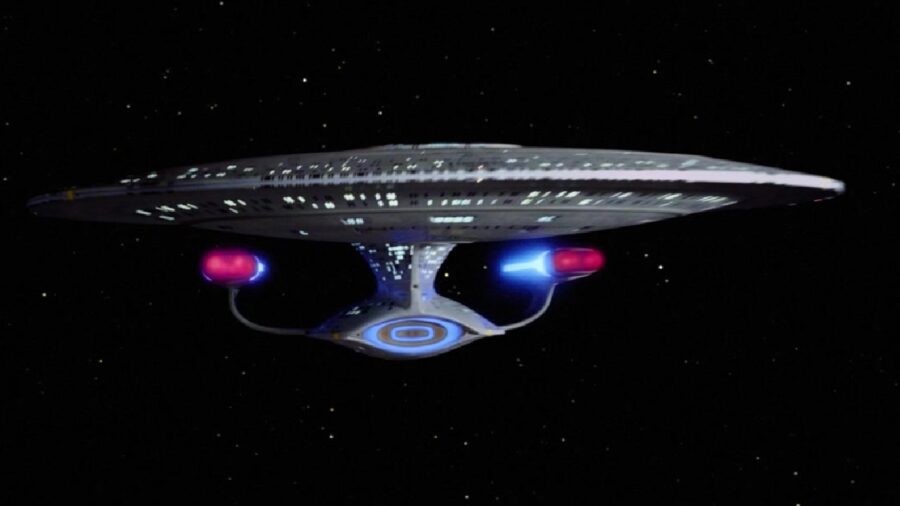
If we’re being completely honest, Maurice Hurley seemed to have an antagonistic relationship with many writers and even actors, as he is the sole reason that Gates McFadden left the show (she notably came back in season 3 once Hurley was no longer showrunner).
But credit where credit is due: the former Star Trek showrunner had some very ambitious ideas to link stories together in an era where TV writing encouraged most episodes to be one-and-done adventures. And if Gene Roddenberry hadn’t personally vetoed his ideas for “Time Squared,” it might now be remembered as one of the most important episodes of The Next Generation.












